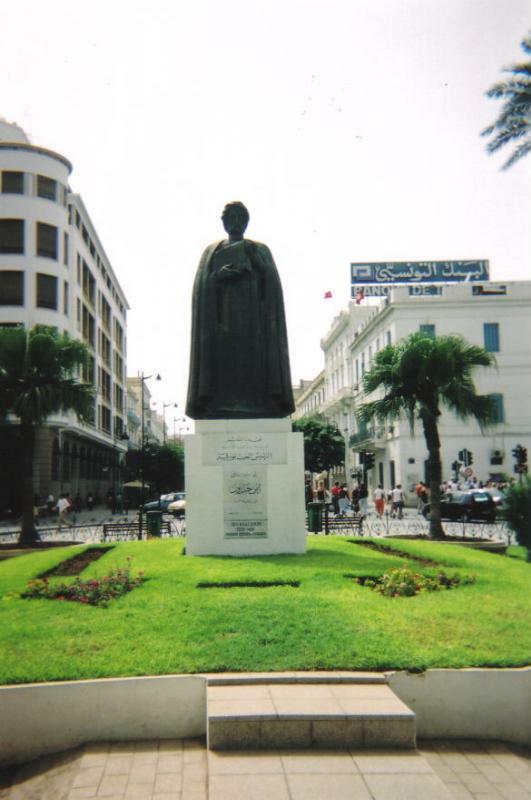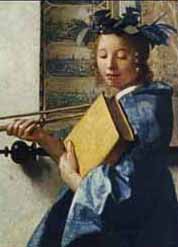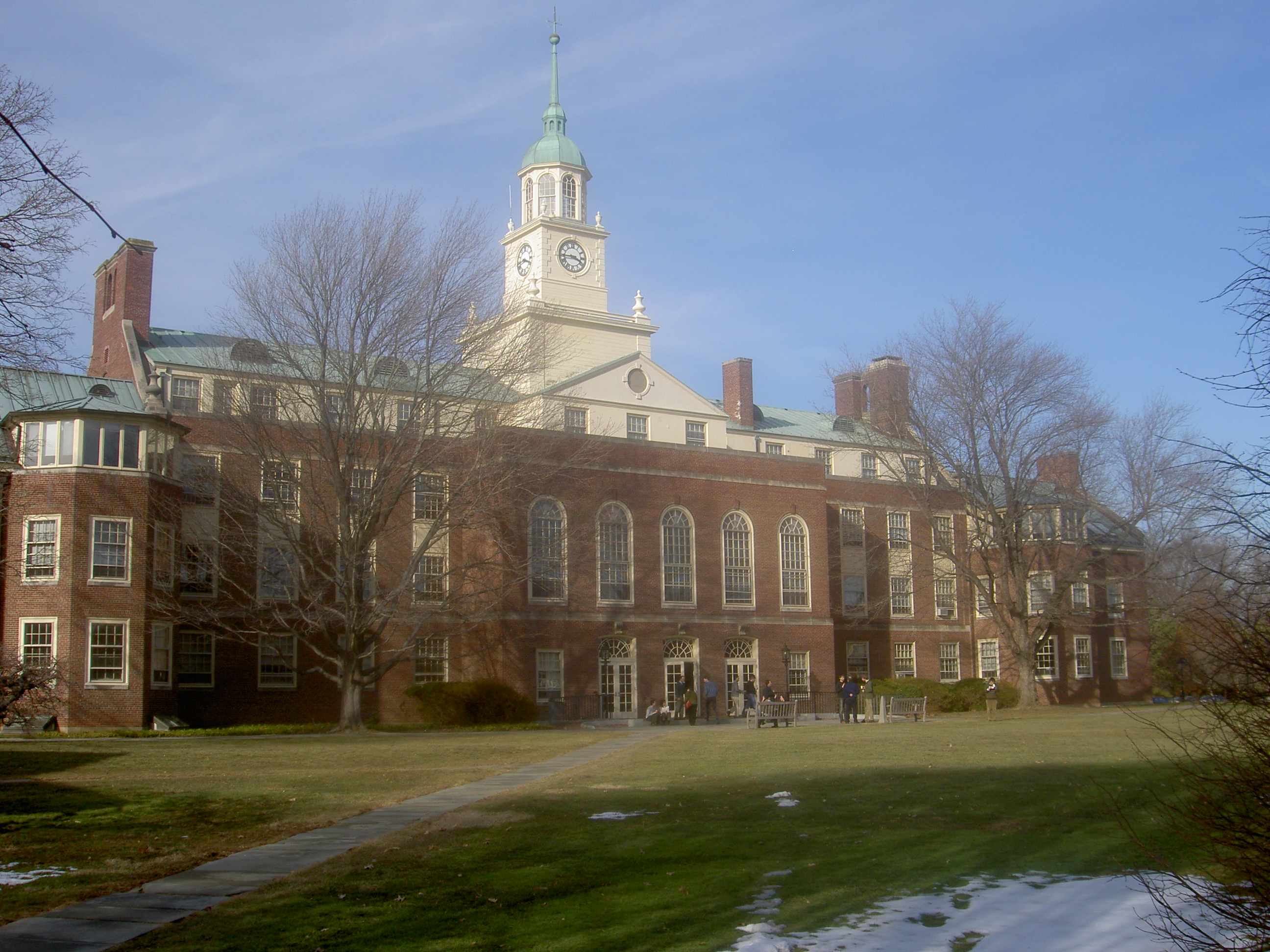|
Asabiyyah
'Asabiyyah or 'asabiyya ( ar, Ш№ШµШЁЩЉЩ‘Ш©, 'group feeling' or 'social cohesion') is a concept of social solidarity with an emphasis on unity, group consciousness, and a sense of shared purpose and social cohesion, originally used in the context of tribalism and clanism.Zuanna, Giampiero Dalla and Micheli, Giuseppe A. ''Strong Family and Low Fertility''. 2004, p. 92 Asabiyya is neither necessarily nomadic nor based on blood relations; rather, it resembles a philosophy of classical republicanism. In the modern period, it is generally analogous to solidarity. However, it is often negatively associated because it can sometimes suggest nationalism or partisanship, i.e., loyalty to one's group regardless of circumstances. The concept was familiar in the pre-Islamic era, but became popularized in Ibn Khaldun's '' Muqaddimah'', in which it is described as the fundamental bond of human society and the basic motive force of history, pure only in its nomadic form.Ibn KhaldunThe Muqa ... [...More Info...] [...Related Items...] OR: [Wikipedia] [Google] [Baidu] |
Muqaddimah
The ''Muqaddimah'', also known as the ''Muqaddimah of Ibn Khaldun'' ( ar, Щ…Щ‚ШЇЩ‘Щ…Ш© Ш§ШЁЩ† Ш®Щ„ШЇЩ€Щ†) or ''Ibn Khaldun's Prolegomena'' ( grc, О ПЃОїО»ОµОіПЊОјОµОЅО±), is a book written by the Arab historian Ibn Khaldun in 1377 which records an early view of universal history. Some modern thinkers view it as the first work dealing with the social sciences of sociology, demography,H. Mowlana (2001). "Information in the Arab World", ''Cooperation South Journal'' 1. and cultural history.Mohamad Abdalla (Summer 2007. "Ibn Khaldun on the Fate of Islamic Science after the 11th Century", ''Islam & Science'' 5 (1), p. 61-70. The ''Muqaddimah'' also deals with Islamic theology, historiography, the philosophy of history, economics,I. M. Oweiss (1988), "Ibn Khaldun, the Father of Economics", ''Arab Civilization: Challenges and Responses'', New York University Press, .Jean David C. Boulakia (1971), "Ibn Khaldun: A Fourteenth-Century Economist", ''The Journal of Political Economy'' 79 (5) ... [...More Info...] [...Related Items...] OR: [Wikipedia] [Google] [Baidu] |
Ibn Khaldun
Ibn Khaldun (; ar, ШЈШЁЩ€ ШІЩЉШЇ Ш№ШЁШЇ Ш§Щ„Ш±ШЩ…Щ† ШЁЩ† Щ…ШЩ…ШЇ ШЁЩ† Ш®Щ„ШЇЩ€Щ† Ш§Щ„ШШ¶Ш±Щ…ЩЉ, ; 27 May 1332 – 17 March 1406, 732-808 AH) was an Arab The Historical Muhammad', Irving M. Zeitlin, (Polity Press, 2007), p. 21; "It is, of course, Ibn Khaldun as an Arab here speaking, for he claims Arab descent through the male line.". The Arab World: Society, Culture, and State', Halim Barakat (University of California Press, 1993), p. 48;"The renowned Arab sociologist-historian Ibn Khaldun first interpreted Arab history in terms of badu versus hadar conflicts and struggles for power." Ibn Khaldun', M. Talbi, ''The Encyclopaedia of Islam'', Vol. III, ed. B. Lewis, V.L. Menage, C. Pellat, J. Schacht, (Brill, 1986), 825; "Ibn Khaldun was born in Tunis, on I Ramadan 732/27 May 1332, in an Arab family which came originally from the Hadramawt and had been settled at Seville since the beginning of the Muslim conquest...." Ibn Khaldun's Philosophy of History: A Study in the Philo ... [...More Info...] [...Related Items...] OR: [Wikipedia] [Google] [Baidu] |
Social Solidarity
''Solidarity'' is an awareness of shared interests, objectives, standards, and sympathies creating a psychological sense of unity of groups or classes. It is based on class collaboration.''Merriam Webster'', http://www.merriam-webster.com/dictionary/solidarity. It refers to the ties in a society that bind people together as one. The term is generally employed in sociology and the other social sciences as well as in philosophy and bioethics. It is also a significant concept in Catholic social teaching; therefore it is a core concept in Christian democratic political ideology. What forms the basis of solidarity and how it is implemented vary between societies. In global south societies it may be mainly based on kinship and shared values while global north societies accumulate various theories as to what contributes to a sense of solidarity, or rather, social cohesion. Unlike collectivism, solidarism does not reject individuals and sees individuals as the basis of society. ... [...More Info...] [...Related Items...] OR: [Wikipedia] [Google] [Baidu] |
Empire
An empire is a "political unit" made up of several territories and peoples, "usually created by conquest, and divided between a dominant center and subordinate peripheries". The center of the empire (sometimes referred to as the metropole) exercises political control over the peripheries. Within an empire, there is non-equivalence between different populations who have different sets of rights and are governed differently. Narrowly defined, an empire is a sovereign state whose head of state is an emperor; but not all states with aggregate territory under the rule of supreme authorities are called empires or ruled by an emperor; nor have all self-described empires been accepted as such by contemporaries and historians (the Central African Empire, and some Anglo-Saxon kingdoms in early England being examples). There have been "ancient and modern, centralized and decentralized, ultra-brutal and relatively benign" Empires. An important distinction has been between land empires m ... [...More Info...] [...Related Items...] OR: [Wikipedia] [Google] [Baidu] |
Islamic Terminology
The following list consists of notable concepts that are derived from Islamic and associated cultural (Arab, Persian, Turkish) traditions, which are expressed as words in Arabic or Persian language. The main purpose of this list is to disambiguate multiple spellings, to make note of spellings no longer in use for these concepts, to define the concept in one or two lines, to make it easy for one to find and pin down specific concepts, and to provide a guide to unique concepts of Islam all in one place. Separating concepts in Islam from concepts specific to Arab culture, or from the language itself, can be difficult. Many Arabic concepts have an Arabic secular meaning as well as an Islamic meaning. One example is the concept of dawah. Arabic, like all languages, contains words whose meanings differ across various contexts. Arabic is written in its own alphabet, with letters, symbols, and orthographic conventions that do not have exact equivalents in the Latin alphabet (see Ara ... [...More Info...] [...Related Items...] OR: [Wikipedia] [Google] [Baidu] |
Sociological Terminology
Sociology is a social science that focuses on society, human social behavior, patterns of social relationships, social interaction, and aspects of culture associated with everyday life. It uses various methods of empirical investigation and critical analysis to develop a body of knowledge about social order and social change. While some sociologists conduct research that may be applied directly to social policy and welfare, others focus primarily on refining the theoretical understanding of social processes and phenomenological method. Subject matter can range from micro-level analyses of society (i.e. of individual interaction and agency) to macro-level analyses (i.e. of social systems and social structure). Traditional focuses of sociology include social stratification, social class, social mobility, religion, secularization, law, sexuality, gender, and deviance. As all spheres of human activity are affected by the interplay between social structure and individual a ... [...More Info...] [...Related Items...] OR: [Wikipedia] [Google] [Baidu] |
Peter Turchin
Peter Valentinovich Turchin (russian: Пётр Валенти́нович Турчи́н; born 1957) is a Russian- American complexity scientist, specializing in an area of study he and his colleagues developed called cliodynamics—mathematical modeling and statistical analysis of the dynamics of historical societies. He is currently Editor-in-Chief at ''Cliodynamics: The Journal of Quantitative History and Cultural Evolution''. , he is a director of the Evolution Institute. Early life and education Peter Turchin was born in 1957 in Obninsk, Russia, and in 1964 he moved with his family to Moscow. In 1975 he enrolled at Moscow State University's Faculty of Biology and studied there until 1977, when his father, Soviet dissident Valentin Turchin, was exiled from the Soviet Union. In 1980, Turchin obtained B.A. (''cum laude'') from New York University, and in his Ph.D. in from Duke University in 1985. Career Throughout his career Turchin has made contributions to variou ... [...More Info...] [...Related Items...] OR: [Wikipedia] [Google] [Baidu] |
Andrey Korotayev
Andrey Vitalievich Korotayev (russian: link=yes, Андре́й Вита́льевич Корота́ев; born 17 February 1961) is a Russian anthropologist, economic historian, comparative political scientist, demographer and sociologist, with major contributions to world-systems theory, cross-cultural studies, Near Eastern history, Big History, and mathematical modelling of social and economic macrodynamics. He is currently the Head of the Laboratory for Monitoring of the Risks of Sociopolitical Destabilization at the HSE University in Moscow,http://www.hse.ru/org/hse/cfi/lab_mr/staff and a Senior Research Professor at the Center for Big History and System Forecasting of the Institute of Oriental Studies as well as in the Institute for African Studies of the Russian Academy of Sciences. In addition, he is a senior research professor of the International Laboratory on Political Demography and Social Macrodynamics (PDSM) of the Russian Presidential Academy of Nat ... [...More Info...] [...Related Items...] OR: [Wikipedia] [Google] [Baidu] |
1776 Unites
1776 Unites is a project launched by civil rights activist Robert Woodson that seeks to unite African-Americans to advocate principles like entrepreneurship, self-determination, and mutual social support through a series of essays published on its website. Woodson created the project as a response to the 1619 Project. Notable contributors to the project include academics such as Carol M. Swain, Glenn Loury, Jason D. Hill, Wilfred Reilly, Shelby Steele, John McWhorter, Ian Rowe, and John Sibley Butler:, as well as other contributors including journalists Coleman Hughes, Clarence Page, and Delano Squires. 1776 Unites essays discuss the lives of successful African-Americans, and the project includes an open-access curriculum. The project's message Contributors to 1776 Unites promote current and historical examples of prosperous Black communities as “a powerful refutation of the claim that the destiny of Black Americans is determined by what whites do, or what they have done ... [...More Info...] [...Related Items...] OR: [Wikipedia] [Google] [Baidu] |
Akbar S
Abu'l-Fath Jalal-ud-din Muhammad Akbar (25 October 1542 – 27 October 1605), popularly known as Akbar the Great ( fa, ), and also as Akbar I (), was the third Mughal emperor, who reigned from 1556 to 1605. Akbar succeeded his father, Humayun, under a regent, Bairam Khan, who helped the young emperor expand and consolidate Mughal domains in India. A strong personality and a successful general, Akbar gradually enlarged the Mughal Empire to include much of the Indian subcontinent. His power and influence, however, extended over the entire subcontinent because of Mughal military, political, cultural, and economic dominance. To unify the vast Mughal state, Akbar established a centralised system of administration throughout his empire and adopted a policy of conciliating conquered rulers through marriage and diplomacy. To preserve peace and order in a religiously and culturally diverse empire, he adopted policies that won him the support of his non-Muslim subjects. Eschewing tr ... [...More Info...] [...Related Items...] OR: [Wikipedia] [Google] [Baidu] |
The Division Of Labour In Society
''The Division of Labour in Society'' (french: De la division du travail social) is the doctoral dissertation of the French sociologist Émile Durkheim, published in 1893. It was influential in advancing sociological theories and thought, with ideas which in turn were influenced by Auguste Comte. Durkheim described how social order was maintained in societies based on two very different forms of solidarity – mechanical and organic – and the transition from more "primitive" societies to advanced industrial societies. Durkheim suggested that in a "primitive" society, ''mechanical solidarity'', with people acting and thinking alike and with a shared collective conscience, is what allows social order to be maintained. In such a society, Durkheim viewed crime as an act that "offends strong and defined states of the collective conscience" though he viewed crime as a normal social fact. Because social ties are relatively homogeneous and weak throughout a mechanical society, the ... [...More Info...] [...Related Items...] OR: [Wikipedia] [Google] [Baidu] |
Г‰mile Durkheim
David Émile Durkheim ( or ; 15 April 1858 – 15 November 1917) was a French sociologist. Durkheim formally established the academic discipline of sociology and is commonly cited as one of the principal architects of modern social science, along with both Karl Marx and Max Weber. Much of Durkheim's work was concerned with how societies can maintain their integrity and coherence in modernity, an era in which traditional social and religious ties are much less universal, and in which new social institutions have come into being. Durkheim's conception of the scientific study of society laid the groundwork for modern sociology, and he used such scientific tools as statistics, surveys, and historical observation in his analysis of suicides in Catholic and Protestant groups. His first major sociological work was (1893; '' The Division of Labour in Society''), followed in 1895 by ('' The Rules of Sociological Method''), the same year in which Durkheim set up the first European ... [...More Info...] [...Related Items...] OR: [Wikipedia] [Google] [Baidu] |










